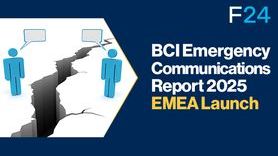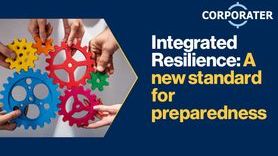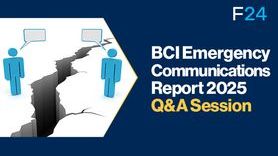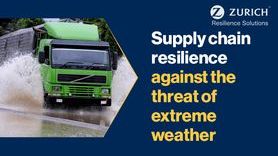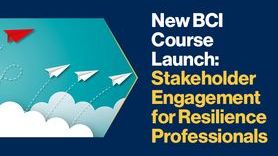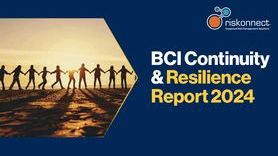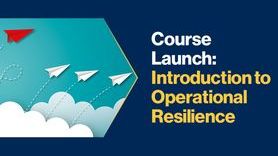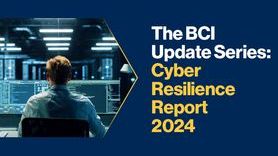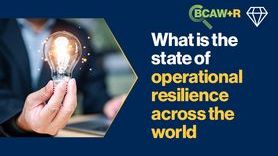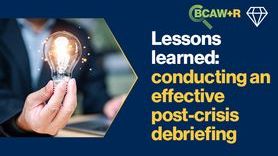Climate Change Report reveal Severe UK Business Risk
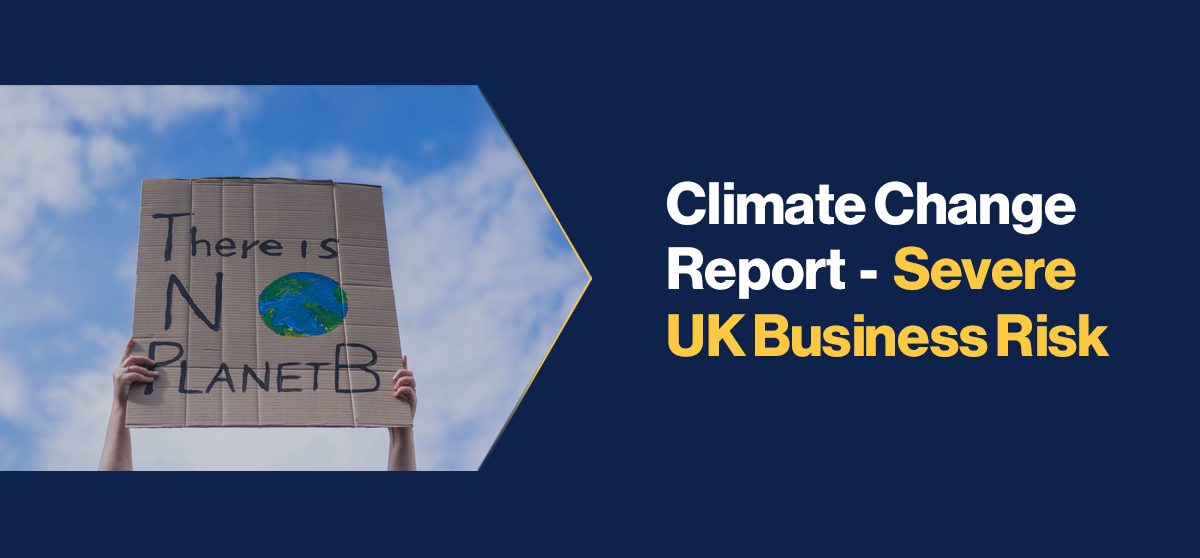
The Climate Change Committee’s (CCC) third risk assessment highlights the urgent action needed to avoid climate threats and future disruption to businesses.
According to a recent report conducted by the Independent Climate Change Committee (CCC); UK businesses are still falling behind in the global fight to protect organizations from climate threats. Many businesses are failing to include climate change in their decision-making processes, which increase their risk to vulnerabilities.
Extreme weather events such as heat waves, flooding and the risk of coastal change due to erosion, are some of the lead causes of disruption to distribution networks and supply chains. With these threats forecasted to become even more frequent over the next five years, the importance of investing in climate risk assessments should be seen as a priority, rather than an unwanted expense.
Corporate businesses and SMEs are highlighted in the report as being in the very early stages of addressing climate risk. Almost half of the companies involved in the report stated they had not conducted any assessments, although, they were admittedly concerned about the future impact.
Global companies especially have seen an increase in climate risk, which threaten the smooth running of business operations.
For Group Business Continuity Manager, Jeremy Dyer, for R&Q Investment Holdings; facing the looming threat of hurricanes has become a frequent threat to his company headquarters in Bermuda.
Mr Dyer told me, “Last year was the worst year on record for hurricanes. In terms of the numbers, last year exceeded the records from previous years.”
Senior Analyst at the Climate Change Committee, David Style told BCI, “Businesses that fail to adapt to climate change and continue with business as usual are likely to face increasing risk of disruptions to their operations and lower productivity. Those that adapt early through assessing and reporting their climate change risks, business continuity planning and making their supply chains resilient, can be market leaders and benefit from lower costs in the future and an improved reputation”.
Yet, within the face of what seems like layers of catastrophe, an air of opportunity still exists. With risk and threats presenting no way out for some companies, others see the chance to create new goods and services. The report further reveals an emerging green market for low carbon emission and climate resilient services.
Companies who have built a framework based on flexibility and the anticipation of changing markets are likely to gain a notable advantage. The growing demand of goods and services which will emerge as the environment continues to negatively impact production costs, or areas such as food and drink production – can create a major opportunity for companies who are ready and waiting to offer services to this new market.
But not only is their opportunity for new services and products, but also new policies, like the UK’s net zero target. Chancellor Rishi Sunak announced late last year that within five years, all large companies and financial institutions will have to reveal their exposure to climate risk. As part of the UK’s net zero plans, the chancellor has also introduced a financial bond this year, where all funds raised will be invested in carbon-reducing projects.
For many companies, creating a plan to combat climate change has now become a regulatory condition. From a risk and resilience perspective, this presents an opportunity to create long term plans within an area which has the potential to completely reshape the way we work.
The global awareness of climate change and the tireless campaigning from the general public has successfully propelled such conversations into the workplace. Yet, what many workplaces forget, is the number one threat of climate change is not an economic one, but the serious and sobering reality of the ongoing threat it has to human life.
For more information on the effects of Climate Change on Business Continuity, make sure to check out the BCI Horizon Scan Report 2021







